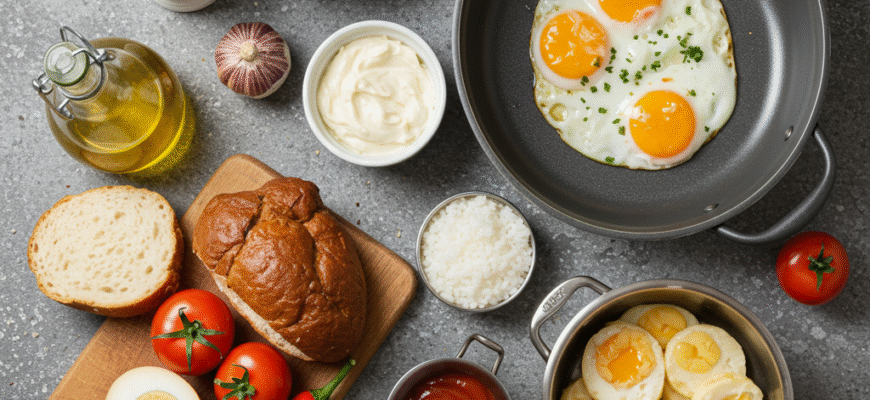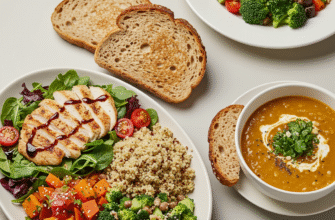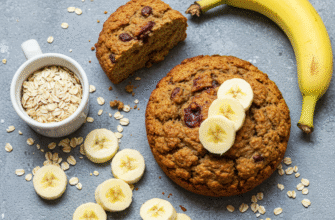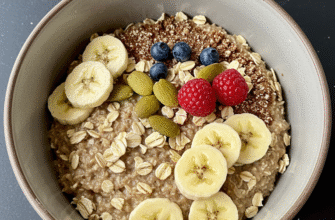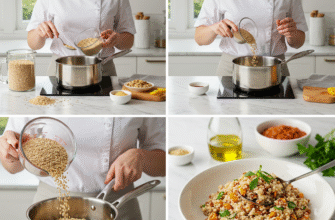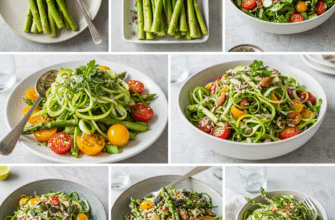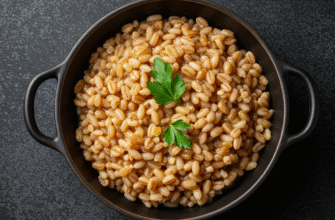The siren song of the takeaway menu or the allure of a restaurant meal is strong, especially after a long day. It promises convenience, variety, and zero washing up. Yet, stepping back into our own kitchens and embracing the process of cooking holds a wealth of benefits that often get overlooked in our fast-paced lives. It’s more than just sustenance; it’s a way to connect, save, learn, and take genuine control over what we consume.
Taking Back Control: You Are the Chef
One of the most powerful advantages of cooking at home is the
absolute control it grants you over your ingredients. Think about it: when you eat out, you’re placing trust in the establishment regarding freshness, quality, and preparation methods. At home, you select the produce, you choose the cut of meat, you decide how much salt, sugar, or fat goes into the dish. Want organic vegetables? Easy. Need to avoid certain allergens? You’re in charge. This level of control is simply unattainable when relying on others to prepare your food.
This extends beyond just the main components. Sauces, dressings, and marinades bought pre-made can be laden with hidden sugars, sodium, and preservatives. Whipping up your own versions takes surprisingly little effort and allows you to tailor the flavours precisely to your liking while ditching the unwanted extras. You know exactly what’s in your meal, from start to finish. This transparency is empowering and forms the foundation for more conscious eating habits.
A Pathway to Better Eating Habits
While we’re steering clear of specific health directives, it’s undeniable that home cooking often naturally leads to eating patterns many people strive for. Restaurant portions are frequently oversized, encouraging overconsumption. At home, you dictate the serving size, making it easier to manage intake. Furthermore, home-cooked meals tend to rely less on the deep-frying, excessive butter, and heavy creams often used in commercial kitchens to maximize flavour quickly. You’re more likely to incorporate whole grains, lean proteins, and a wider variety of vegetables when you’re the one planning and preparing.
It’s about awareness. When you chop the vegetables, measure the oil, and see the amount of cheese going into a dish, you develop a much clearer understanding of its nutritional profile. This hands-on experience fosters a greater appreciation for food and can subtly guide you towards more balanced choices over time, without feeling restrictive. It becomes less about dieting and more about enjoying wholesome, satisfying meals you’ve created yourself.
Know Your Food. Cooking at home provides complete transparency regarding ingredients. You select the quality, manage the quantity of salt, sugar, and fats, and can easily avoid additives or allergens. This direct control is a key benefit often lost when dining out or ordering takeaway.
Sharpening Skills and Saving Pennies
Cooking isn’t just about following recipes; it’s a valuable life skill that cultivates creativity, problem-solving, and patience. Learning basic techniques – chopping, sautéing, roasting, baking – builds confidence. As you become more comfortable, you start experimenting, adapting recipes, and developing your own culinary style. Made a mistake? Figuring out how to salvage a dish teaches resilience and adaptability. It’s a practical skill set with tangible, delicious rewards.
Let’s talk about the elephant in the room:
cost. Regularly eating out or ordering delivery puts a significant dent in the wallet. Compare the price of raw ingredients – potatoes, chicken, vegetables, pasta – to the cost of a single restaurant entrée or takeaway meal. The difference is often staggering. Cooking staples like rice, beans, and lentils from scratch offers incredible value. While there’s an initial time investment, the long-term savings are substantial, freeing up funds for other goals or pleasures. Preparing lunches for work instead of buying them daily alone can lead to hundreds, even thousands, saved over a year.
Cooking as Connection and Mindfulness
Beyond the practicalities, cooking can be a deeply social and mindful activity. Preparing a meal for or with loved ones fosters connection. The kitchen can become the heart of the home, a place for conversation, collaboration, and shared experiences. Sitting down together to enjoy a meal you’ve collectively created strengthens bonds in a way that passively consuming food at a restaurant often doesn’t.
The process itself can also be therapeutic. The rhythmic chopping of vegetables, the sizzle of ingredients hitting a hot pan, the aroma filling the kitchen – these sensory details can be incredibly grounding. In a world saturated with digital distractions, focusing on the tangible task of preparing food offers a welcome respite. It encourages you to slow down, be present in the moment, and engage your senses. It’s a form of active meditation that results in a satisfying meal.
Exploring a World of Flavours
Think your home cooking has to be boring? Think again! Your kitchen is a gateway to exploring global cuisines. With countless recipes available online and in cookbooks, you can travel the world through food without leaving your home. Master the art of a perfect Italian pasta sauce, experiment with the complex spices of Indian curry, learn the delicate balance of flavours in Thai cooking, or bake traditional French pastries. It’s an adventure for your taste buds, constantly offering new techniques to learn and flavours to discover. This exploration keeps things exciting and prevents culinary boredom.
Ultimately, cooking at home is an investment – in your wallet, in your well-being, in your skills, and in your relationships. It might require a little more planning and effort than picking up the phone for delivery, but the rewards are far richer and more varied. It’s about reclaiming control, fostering creativity, and finding joy in the simple, essential act of nourishing yourself and others. So, perhaps tonight, skip the app, preheat the oven, and rediscover the satisfying benefits of a home-cooked meal.

